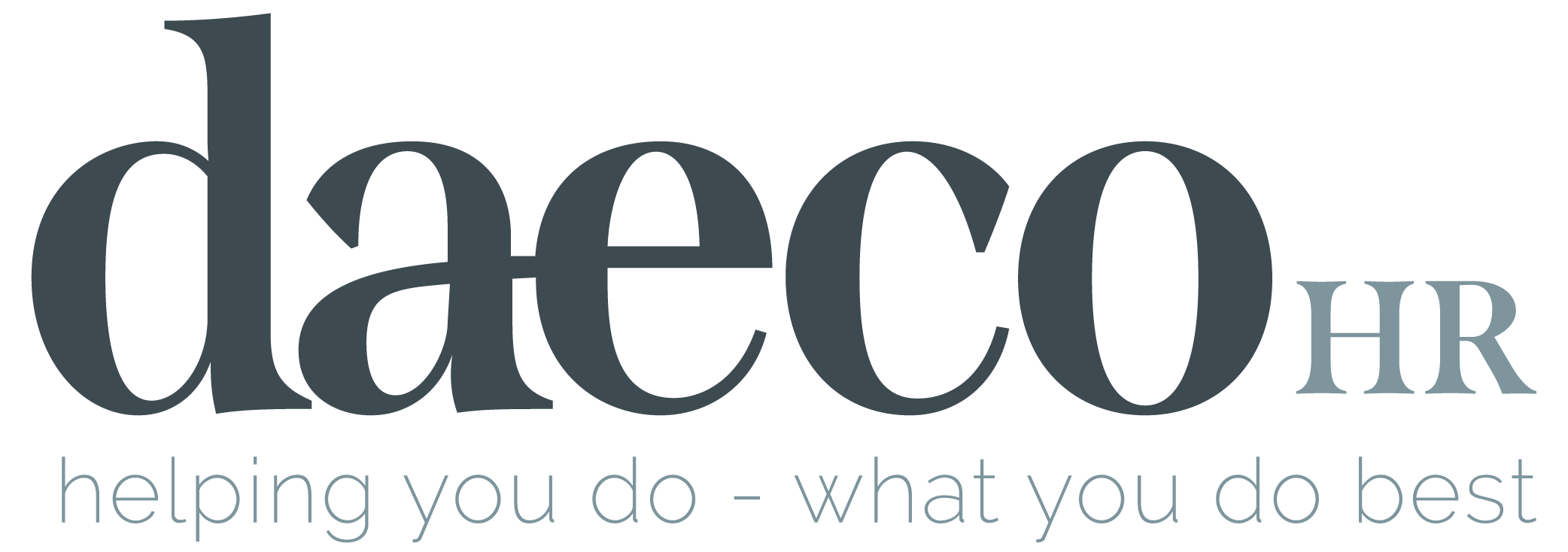In the hustle and bustle of running an organization, it’s easy to get lost in the day-to-day operations and lose sight of the very heartbeat of your company – its work culture. Yet, whether you’re conscious of it or not, your work culture is already shaping the environment within your organization. So, how can leaders evaluate their work culture effectively?

Signs of a Healthy Work Culture.
Recognizing the signs of a healthy work culture is crucial for leaders who want to foster a positive and productive environment. Here are some indicators to look out for:
- Team Collaboration: A healthy work culture often sees team members willing to lend a hand and share information freely, fostering a sense of camaraderie.
- Strong Relationships: Genuine connections and friendships among employees are signs of a thriving work culture, where individuals feel valued and supported.
- High-Performance Standards: Top performers who consistently go above and beyond expectations are indicative of a culture that values excellence and encourages growth.
Signs of Unhealthy Work Culture.
Conversely, certain behaviours can signal underlying issues within your work culture. Keep an eye out for these warning signs:
- Gossip and Complaints: A prevalence of gossip and negativity can poison the work environment and indicate underlying issues with communication and trust.
- Lack of Cooperation: When employees are unwilling to collaborate or assist each other, it may signal deeper rifts within the team dynamics.
The Importance of Third-Party Assessment.
Assessing your work culture from an internal standpoint can be challenging, given the inherent biases and perspectives of leadership. That’s why engaging a neutral third party, such as Daeco HR, can provide invaluable insights. Through anonymous engagement surveys and in-depth interviews with staff members, a comprehensive evaluation can uncover hidden issues and pave the way for meaningful change.
Core Values.
Crafting Core Values.
Developing core values is foundational to shaping a positive work culture. Start by identifying personal core values at the leadership level and aligning them with the organization’s mission. Resources like the ones Brené Brown shares can aid in this process, helping leaders clarify their values and integrate them into the fabric of the organization.
Operationalizing Core Values.
It’s not enough to merely define core values; they must be actively integrated into daily operations to impact work culture positively. Every business decision, from hiring to strategic planning, should align with these core values, serving as a guiding compass for the organization’s actions.
How Daeco HR Can Help.
At Daeco HR, we specialize in unlocking the potential of work culture through comprehensive assessments and strategic guidance. Our approach goes beyond surface-level evaluations, delving deep into the intricacies of organizational dynamics. Whether it’s identifying areas for improvement, aligning core values, or fostering a culture of growth, we’re here to support you every step of the way.
Your work culture is the lifeblood of your organization, shaping everything from employee morale to productivity and ultimately, your bottom line. By proactively evaluating and nurturing your work culture, you can create an environment where employees thrive, innovation flourishes, and success becomes inevitable. Contact us today and allow Daeco HR to accompany you on the path to constructing a dynamic and thriving work culture.
